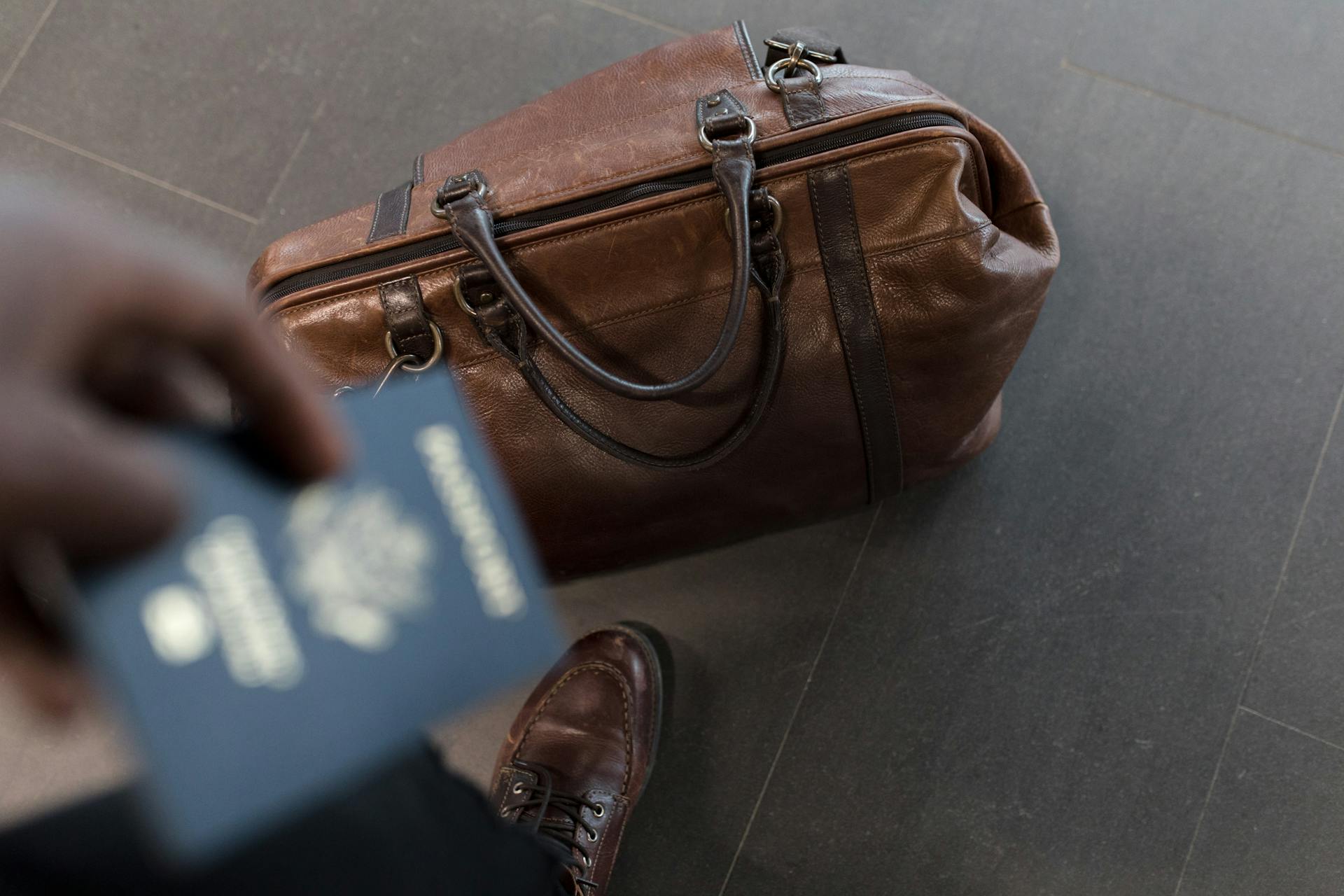
BRICS nations are actively working to boost tourism and ease travel among member countries, but challenges related to travel freedom and mobility continue to hinder progress.
According to a recent report by Henley & Partners, most BRICS nations rank low on global mobility indexes, with their citizens facing restricted access to visa-free travel compared to Western countries. The report highlights that this limited travel freedom could undermine BRICS’ broader economic growth and people-to-people ties.
While Russia and China are making efforts to simplify mutual tourist trips and BRICS has launched a new tourism platform under Russia’s presidency, the lack of broader visa-free agreements within the bloc remains a barrier. Enhanced mobility could drive greater cultural exchange, business cooperation, and economic integration — key goals outlined at the BRICS Tourism Forum held in Moscow in June 2024.
Efforts to increase tourism rates include the BRICS Youth Council’s planned expeditions to Iran, the UAE, and Egypt in 2025, aimed at strengthening youth ties and fostering cultural understanding. However, unless BRICS addresses the structural barriers to mobility — including harmonising visa requirements and improving transport infrastructure — the full potential of intra-BRICS tourism may remain unrealised.
Why this matters
Improved travel freedom within BRICS could have significant economic benefits. Increased tourist flows would stimulate local economies, boost small and medium-sized enterprises (SMEs), and create new business opportunities in the hospitality, transport, and retail sectors. Tourism is already a major driver of economic growth in many BRICS nations, and reducing travel barriers could unlock even greater potential.
Beyond economics, enhanced travel freedom would strengthen political and cultural ties between member states. Easier mobility could lead to deeper collaboration in education, research, and business, reinforcing the strategic alignment that BRICS nations are seeking in areas such as trade, energy, and technology. As the bloc positions itself as an alternative to Western-led institutions, fostering stronger internal ties through improved travel freedom will be crucial to BRICS’ long-term strategic influence.

